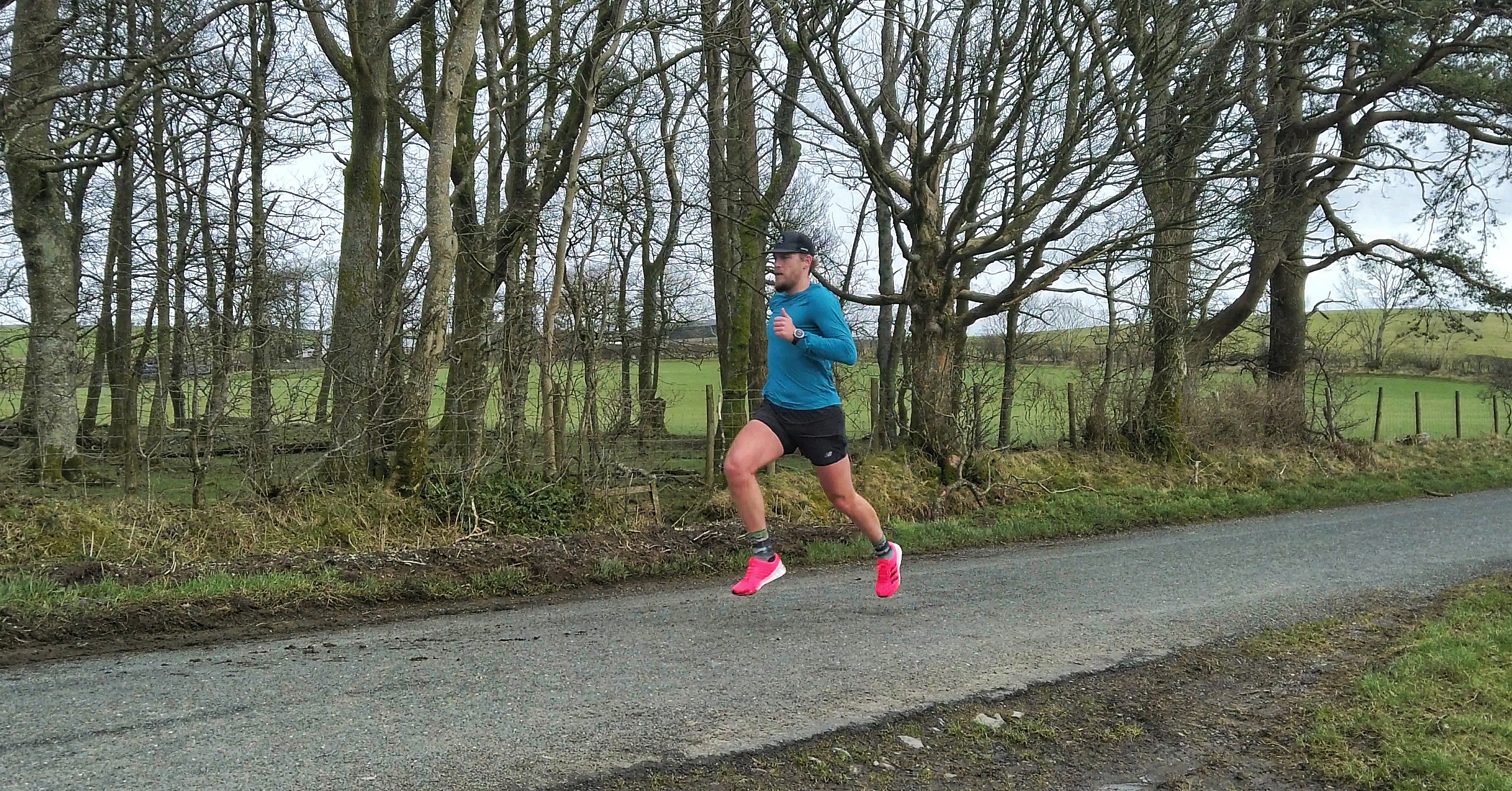Recovery is Training
- Darren Haworth

- Sep 7
- 2 min read
Crossing the finish line of a race—whether it’s a 5K, a half marathon, or a full Ironman—comes with a mix of pride, relief, and often exhaustion. But what many runners and endurance athletes overlook is that the finish line isn’t the end of the journey. How you recover after a race has just as much impact on your health and performance as the training that got you there.

Recovery is not simply “taking a break.” It’s a critical process that allows the body and mind to repair, adapt, and come back stronger. Let’s break down why recovery matters so much—both physically and mentally.
Physical Recovery: Repairing the Engine
1. Muscle Repair and Inflammation
Races place enormous stress on muscles, tendons, and ligaments. Tiny tears in muscle fibers (known as microtrauma) are normal after hard exertion. Proper rest and recovery strategies—like sleep, hydration, and balanced nutrition—help the body repair these tissues. Ignoring recovery can increase the risk of overuse injuries such as shin splints, stress fractures, or tendonitis.
2. Glycogen Replenishment
During a race, your body burns through stored carbohydrates (glycogen). Post-race nutrition, particularly carbohydrates paired with protein, is vital for restoring these energy reserves. Without replenishment, fatigue lingers, making subsequent training sessions harder and less effective.
3. Immune System Reset
Endurance events temporarily weaken the immune system. Athletes often find themselves catching colds in the days after a race. Rest, good nutrition, and avoiding overtraining give the immune system time to bounce back.
4. Injury Prevention and Longevity
Neglecting recovery can shorten an athlete’s career. A structured recovery phase protects the body from chronic stress, reducing the chance of long-term issues like joint damage or burnout.
Mental Recovery: Recharging the Mind
1. Post-Race Blues
It’s common for athletes to feel a sense of emptiness or even sadness after a big race. You’ve spent months training with a goal in mind, and suddenly that structure is gone. Allowing yourself time to mentally reset and setting new, realistic goals can help.
2. Stress and Mental Fatigue
Training for races is not only physically demanding but mentally taxing. Strict schedules, early mornings, and constant discipline can lead to mental exhaustion. Post-race recovery offers a window to relax, reconnect with hobbies, friends, and family, and restore balance.
3. Reflection and Growth
Recovery provides time to evaluate performance, celebrate achievements, and learn from challenges. This reflective process strengthens resilience and builds motivation for the next training cycle.
Smart Recovery Strategies
Sleep deeply and consistently: Your body does most of its repairing overnight.
Fuel with intention: Aim for nutrient-rich meals that support muscle repair and immune function.
Stay mobile: Gentle activities like walking, yoga, or swimming keep blood flowing without overstressing muscles.
Hydrate: Fluids and electrolytes replace what was lost during the race.
Prioritise mental health: Take breaks from structured training, journal your thoughts, or simply enjoy unplanned time outdoors.
Plan ahead: Build recovery weeks into your training cycle, not just after races.
Recovery isn’t a luxury—it’s an essential part of athletic progress. By respecting both the physical and mental demands of racing, you ensure your body heals, your mind stays motivated, and you’re ready to tackle future challenges with energy and enthusiasm.
Remember: the finish line is not the end, but the beginning of a smarter, stronger next step.







Comments